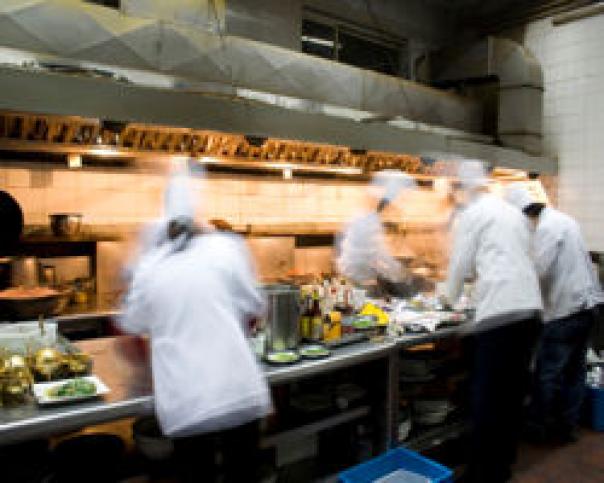
The Levy will be implemented from April 2017, meaning the first payment for employers will be in May when they will be able to purchase training, with a registered training provider, through a new digital system.
Levy employers will pay 0.5% of their payroll over £3m on a monthly basis and the government will also top up the funds by 10%.
The Levy can be used to fund apprenticeships for new or existing employees of any age or position, as long as there is a need for training. If employers wish to spend more on apprenticeships than their Levy fund, then they will be asked to make 10% a contribution from May onwards.
Jill Whittaker, managing director of HIT Training, said: “After months of speculation around whether the Apprenticeship Levy would go ahead, we can now finally put this to bed. What this means is that the time to start planning is now. If you know you’re a Levy paying business – that’s most businesses with a UK payroll in excess of £3m - start by working out how much your monthly Levy payments will be and then look at how you can use these funds to make an apprenticeship scheme work for your business.
“This is effectively a game changer in the way apprenticeships are administrated and will give employers more influence and flexibility when it comes to the qualifications they offer. Love it or loathe it, it is now a reality. Yes, it will be a big financial investment for many businesses, but used judiciously it will offer a great opportunity for employers to up-skill their whole team, from new starters right thought to senior management.
“Approved hospitality apprenticeship programmes are available from entry to higher levels, and will soon go right the way through to degree equivalent. More standards are being developed now, including a plan for a suite of apprenticeships specifically designed for licenced operators. If we work with the new system we can use it to address the much publicised skills shortage that affects the Hospitality Industry – this must be a good thing.”
Peter Ducker, chief executive of the Institute of Hospitality, added: “There has been a shortage of information about the mechanics of the apprenticeship levy until now. As the processes for drawing down funding becomes clearer, it is obvious that those businesses who have not yet started to look at the benefits of an apprentice programme in their organisation should do so as a priority."
"Companies with wage bills of less than £3m should not pass this opportunity up. Ours is an industry where apprenticeships are a very valid way of developing a skilled workforce in many areas of the business - not just the traditional ones. As apprenticeships attract media attention in the months ahead this could become a vital source of future 'home-grown' talent.”
Kate Nicholls, chief executive of the ALMR, added: “Introducing additional regulatory costs for businesses is going to put them under additional strain, particularly in a labour-intensive sector such as ours. Licensed hospitality has already doubled the number of apprenticeship starts and is investing on average over £1,000 per employee per year in in-work training – this could well be jeopardised by a blunt additional tax on employment.
“The timing of the levy, coming shortly after the EU referendum and while business and consumer confidence still needs a boost, could scarcely be worse. This is a time of economic uncertainty for UK businesses, not a time to be introducing significant additional costs at such short notice.
“The ALMR has liaised with the Government to voice its concerns and business leaders in hospitality and retail have been united in telling Ministers as part of the Brexit dialogue to delay the levy. We urge them to rethink the introduction of a measure that will place added strain on employers at such an uncertain time.”